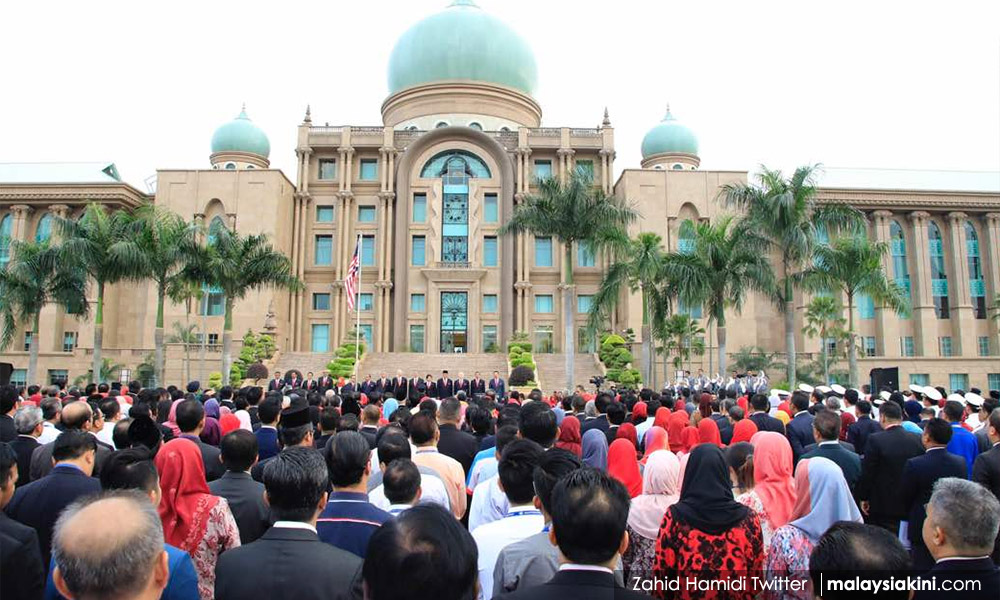
Let me ask you the most difficult question ever: what is wrong with Malaysia?
Chances are you couldn’t answer me immediately. It’s not because you couldn’t think of any, but because there are just too many to think of that you don’t know where to start.
You could feel something is wrong, but you might not know what to say.
Corruption
You may say “corruption”. You lament how we have become one of the most corrupt countries in the world. We also have the biggest financial scandal in the history of the human civilisation.
The government’s “Cash is King” philosophy has gone too far. How is it that after the US Department of Justice’s 136-page report that detailed the diversion of US$1 billion worth of government funds for personal use, that MO1 could still be cleared of all wrongdoing?
How is it that the person holding the highest public office in the country could treat the 1MDB fund as his “personal bank account” to purchase high-end real estate, artwork, and various luxury goods? It must appear incredulous to most of us when our attorney-general said that the prime minister had no knowledge of the funds that entered his private bank account.
The stench of 1MDB had spread around the world. Singapore, United States, Switzerland, Australia, Hong Kong, Thailand, Luxembourg, and UAE had investigated into the scandal.
1MDB is not all. There are also the scandals of Felda, Mara, Tabung Haji, Lembaga Tabung Angkatan Tentera (LTAT), and the National Feedlot Corporation (NFC) that today remained unsatisfactorily handled by the government and authorities. Besides these “hard” corruptions, we also have “milder” corruptions like vote-buying or soliciting, cronyism and corruption of values. All these pale in comparison to the mammoth of 1MDB.
When our country’s reputation had plummeted so drastically, surely then, “corruption” is what’s wrong with this country.
'Growing the economy'
Or, you may say “economy”. The prime minister will always remind you that the government had been successful in growing the economy at five to six percent every year. The prime minister had also asked you to not blame GST for the rising cost of living; instead, one should thank the government for introducing GST that saved the Malaysian economy.
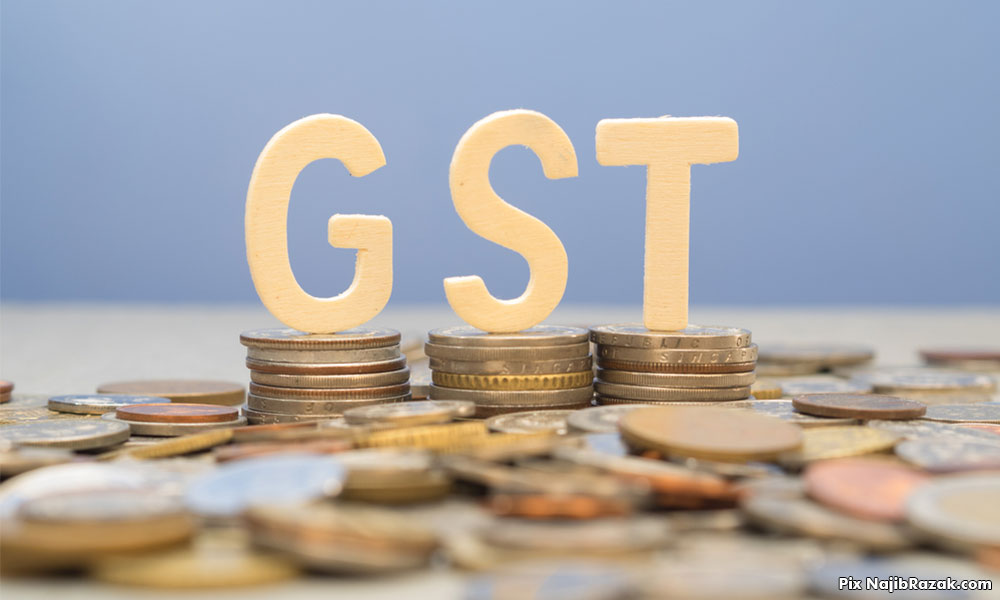
But you and I know that GST has been the worst economic punishment on ordinary Malaysians since Independence.
The analysts will never tell you that many SMEs have closed down because of GST and many Malaysians who are already poor are forced to starve. Every individual is forced to put aside an extra RM1,300 a year because of GST. To many, that could mean their grocery purchases are cut by half, their children dropping out of school and start working, and their sick grandmother will have to wait longer to get her diabetic medication.
The one-off band-aid of BR1M is insufficient to make up for our thinning wallets. All we can do is to laugh helplessly when we look at the omen of RM42 billion collected in GSTmatching precisely to the RM42 billion debt incurred by 1MDB. Is this a joke?
Our wages are below the living wage, house prices are “severely unaffordable”, inequality one of the highest in the region, and our children are more stunted and vulnerable than the children of Uganda and Zimbabwe.
Surely, you may say: what’s wrong with this country is the “economy”.
Unjust laws
Or, maybe, you may say “unjust laws”. You say that the prime minister had not fulfilled the promise to do away with laws that trampled on human rights. He started off with bold promises: to abolish Internal Security Act (ISA) 1960, repeal Sedition Act 1948, review Printing Presses and Publications Act 1984 and to review the Police Act 1967.
Financial Times called him a “born-again liberal” - but they called it too soon.
The Sedition Act was used aggressively against his political opponents, who included a huge array of individuals, from opposition leaders like Tian Chua, Khalid Samad, Teresa Kok, Rafizi Ramli, Nurul Izzah Anwar, RSN Rayer; academicians Azmi Sharom and Dr Aziz Bari; journalists from Malaysiakini and The Malaysian Insider; and even cartoonist Zunar.
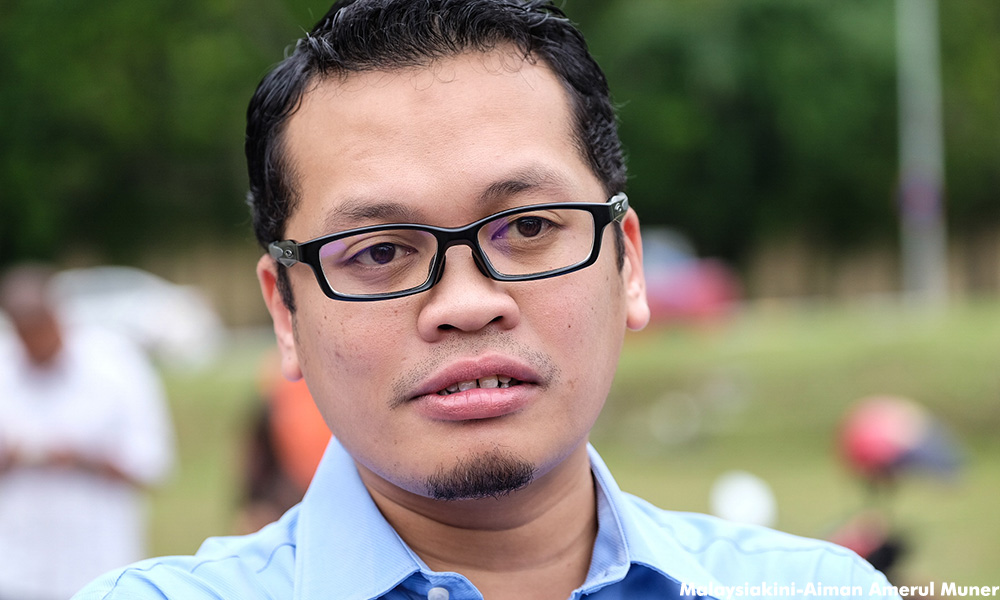
Whilst the ISA was indeed repealed, it was replaced with the Security Offences (Special Measures) 2012 Act (Sosma), which Human Rights Watch called “more repressive and retrograde” than its predecessor. Worse, the Peaceful Assembly Act 2012 that replaced Section 27 of the Police Act 1967 curbed the right to peaceful assembly with its most famous victim: Nik Nazmi Nik Ahmad (photo). The yellow Bersih T-shirt was also banned.
The Official Secrets Act 1972 was also used to classify the most crucial documents for 1MDB. Rafizi Ramli was convicted and given 18 months’ jail for disclosing an incriminating page of the auditor-general’s report on 1MDB. Human Rights Watch called this conviction an “unprecedented” attempt to “intimidate whistle-blowers into silence”.
Most of all, the prime minister had in his tenure introduced the most draconian laws, including the National Security Council Act and the Anti-Fake News Act, which were unanimously criticised around the world.
These laws are ambiguous as they are wide. They provide the government with sufficient authority to repress dissent and free speech - even capable of suspending remaining democratic vestiges of the country.
Surely then, you may say, that “unjust laws” are what’s wrong with this country.
Deteriorating institutions
But maybe, you may say “institutions”. That today Malaysia’s deteriorating institutions are what is wrong with this country. Every arm of government today is centralised under the thumb of one man, and any dissent will lead to unceremonious dismissal or forced resignation.
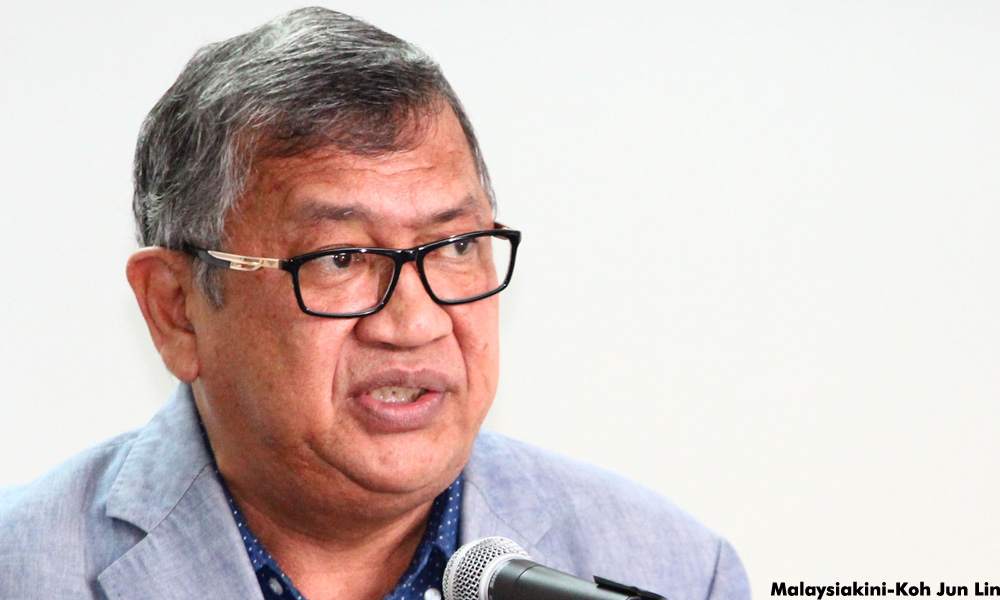
At the height of the 1MDB investigations, attorney-general Abdul Gani Patail (photo) mysteriously stepped down for “health reasons”. Later reports revealed Gani Patail’s initial intention of bringing charges against the prime minister for 1MDB - so we connected the dots in this mystery. His replacement, Mohamed Apandi Ali, subsequently cleared the prime minister of all wrongdoing - until today we are left to wonder what “no evidence” meant.
The Malaysian Anti-Corruption Commission’s investigation was also shut down. A police chief was put to retirement, members of the parliamentary committee into 1MDB were “promoted” to the cabinet to silence them.
This is fairy-tale hell.
One of the worst offenders of institutional bias is the Election Commission (EC). Our electoral integrity is one of the worst in the world. Partisan and ethnic gerrymandering, malapportionment and dirty election tactics seem to be the driving principle of the EC. When we asked for “one person, one vote”, they replied: “depends on who that person is.”
Our indelible ink could be easily washed off with soap but the stain of EC’s dirty tactics get deep under our skin. Surely, “institutions” is what’s wrong with this country.
Education
Or maybe - you may say “education”. You may get emotional when we talk about how bad our schools are. Or how our universities are still ranked outside the top 100s.
Our graduates could barely speak good English, nor do they have the necessary soft skills employers require. Just when we thought our universities require more attention and assistance, they became the first victims of the prime minister’s austerity budget - a whopping 20 percent budget cut for education.
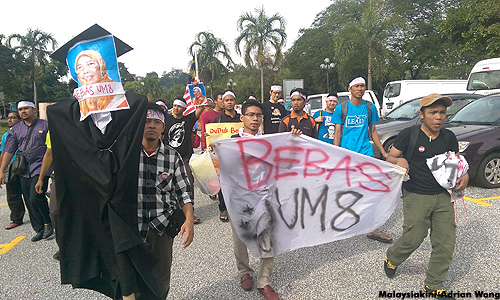
Freedom of expression of our university students, local and abroad, are constantly curtailed, either openly or by officers and men of the Special Branch, who live on taxpayers’ money. No political expressions are allowed, except those aligned with the establishment.
In schools, political indoctrination is the order of the day. History textbooks are biased and uncritical as they are more intent in creating a loyal and subversive generation than one that is able to think for themselves.
But we don’t even have to go that far. Today only 12.4 percent of the workforce has a university degree. At the bottom income quintile, it is only five percent. Half of the urban poor children don’t go to school and three out of 10 of them don’t own a single book.
Interestingly, despite difficult conditions, these poor children had performed outstandingly in their results. This shows that our children are doing all they can to succeed, but are thoroughly let down by the government.
Surely, you may say, “education” - the bedrock, the backbone of every society - is what’s wrong with Malaysia.
Injustice is felt
I may be mistaken. You may say other things, like “healthcare”, “religious freedom”, “crime” and many others.
Or maybe, you may say nothing at all because you are simply overwhelmed. But even when no words are uttered, our conscience could still detect the grave injustice perpetrated by those at the top.
Injustice is hard to define, but everyone feels it when it happens. On May 9, your vote is a vote of self-defence against an unjust government.
I feel injustice. Do you feel it too?
JAMES CHAI works at a law firm. His voyage in life is made less lonely with a family of deep love, friends of good humour and teachers of selfless giving. This affirms his conviction in the common goodness of people: the better angels of our nature. He tweets at @JamesJSChai. - Mkini



No comments:
Post a Comment
Note: Only a member of this blog may post a comment.